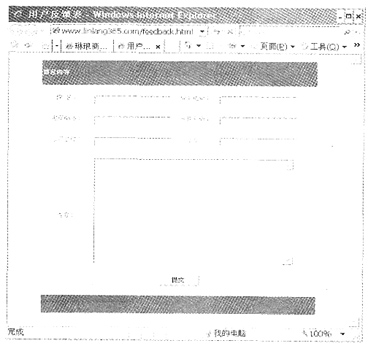When you want to go shopping, decide how much money you can spend on new clothes. Think about
the kind of clothes you really need. Then look for those clothes you really need. Then look for those
clothes on sale.
There are labels(标签) inside all new clothes. The labels tell you how to take care  of your clothes.
of your clothes.
The label for a shirt may tell you to wash it in warm water. A sweater label may tell you to wash in cold
water. The label on a coat may say "dry clean only", for washing may ruin this coat. If you do as the
directions (说明)on the label, you can keep your clothes looking their best for a long time.
Many clothes today must be dry cleaned. Dry cleaning is expensive. When buying new clothes, check
to see if they will need to be dry cleaned. You will save money if you buy clothes that can be washed.
You can save money if you buy clothes that are well made. Well-made clothes last longer. They look
good even after they have been washed many times. Clothes that cost more money are not necessarily
(不一定) better made. They do not always fit better. Sometimes less expensive clothes look and fit better than more expensive clothes.
1. If you want to save money, you had better buy clothes that _ _ .
A. don't fit you
B. don't last long
C. need to be dry cleaned
D. can be washed
2. The labels inside the clothes tell you____ __.
A. how to take care of them
B. how to save money
C. whether they fit you or not
D. where to get them dry cleaned
3. The first thing for you to do before you buy clothes is _ _ .
A. to look for well-made clothes
B. to see how much money you can spend on it
C. to know how to wash them
D. to read the labels inside them
4. We learn from the passage that cheaper clothes _ _ .
A. are always worse made
B. must be dry cleaned
C. can not be washed
D. can sometimes fit you better
1-4: DABD

